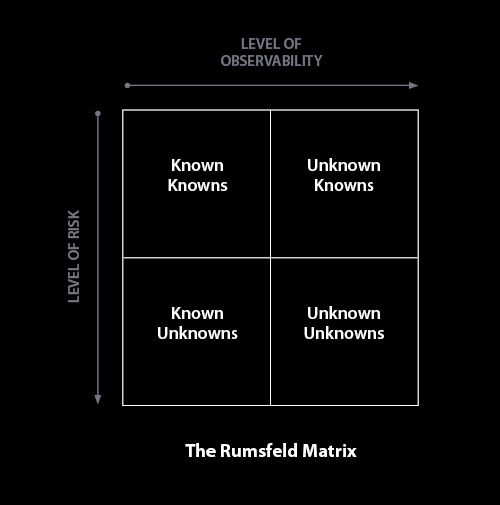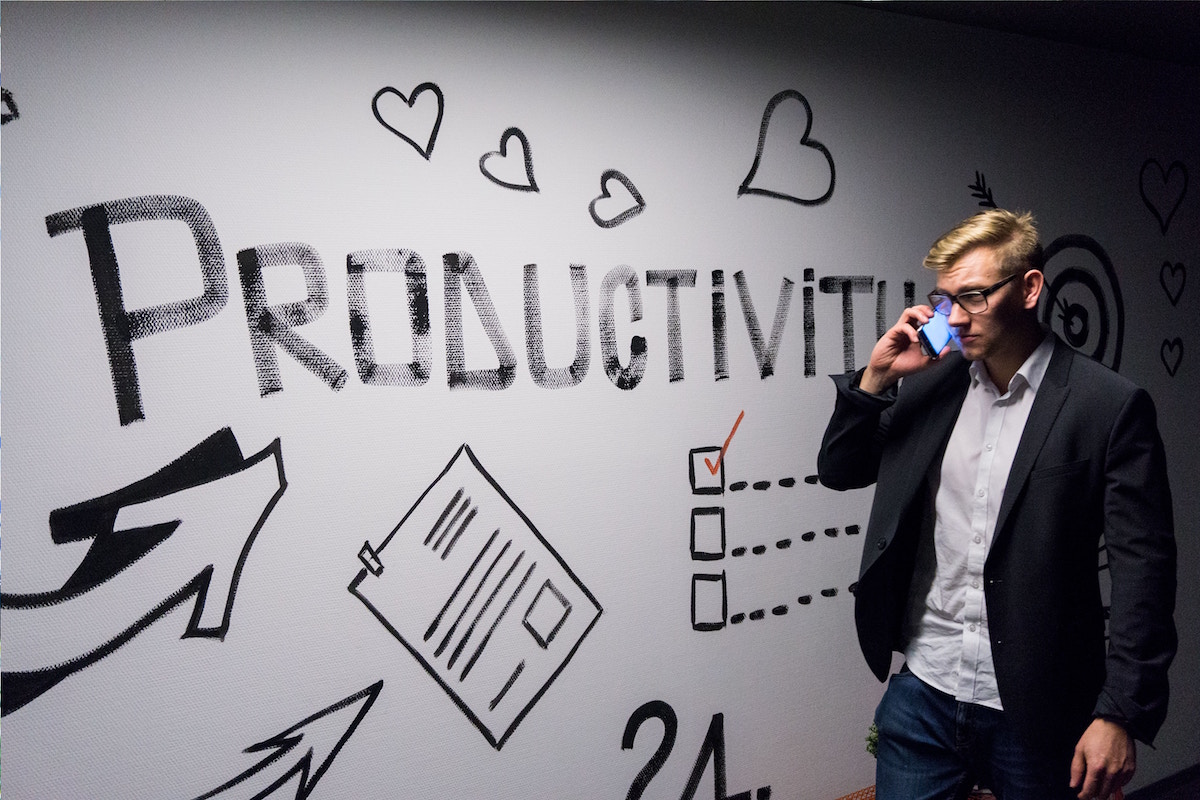
Is commuting good for our health?
Recent research would suggest that the answer is no. A study by Erika Sandow et al. found that commuting is harmful for our health. Sandow goes a step further suggesting that commuting is harmful for our interpersonal relationships.
It’s not as bad as it sounds.
The commute isn’t harmful for everyone
Sandow’s study found that commuting via car was the most harmful. It’s harmful for a number of reasons. You’re away from your family and friends. You’re typically sedentary and most importantly, you’re alone.
It’s not good for us to be alone.
But commuting is necessary! How are you supposed to get to work if you don’t commute?! You know the obvious answer, you can’t. It’s a necessary evil many of us would avoid if we could.
Does this mean you’re stuck?
That you’re simply forced to swallow the harsh realities of your daily commute?
Absolutely not.
Sandow’s study came with several silver linings. Anything that helps to make the time pass by quickly, that makes your commute shorter can help.
Productivity is the cure to your commute
The best solution is shortening your commute.
But productivity is the next best thing. Finding ways to be productive during your commute minimized the negative effects it had on study participants.
But how?
If you’re driving you need to focus on the road. How are you supposed to be productive during your commute?
Let’s take a look at a few ideas.
Commute hack #1: Client check-in
How do your clients feel about you?
Are you sure?
Your daily commute is the perfect time to check-in with one particular client or point-of-contact on your case. This is dependent on timing and individual details, but it’s a simple, no hassle way to improve your relationship with clients.
It’s a win/win all around.
You get the relational connection you need, your clients are touched that you’d reach out to them personally to show that you’re interested in them and engaged with the details of their case or project.
Commute hack #2: The partnership pitch
This requires some preparation.
The night before, you make a list of people you’d like to connect with. It could be a noteworthy legal site you’d like to be on, a legal radio show you’d like to appear as a guest on – something that will boost your firm’s profile and bring in new business.
You get the contact details down.
Then, when once you have your list, you begin making calls. You make your pitch all about them. What they want, and you focus on the value formula I’ve mentioned in [previous posts].
- Create X dollars of value.
- Capture Y percent of X.
Use this formula to open doors. Pitch partners with lucrative deals, irresistible offers and incentives to grow their business. Then capture part of the value you provide.
Simple, right?
Commute hack #3: Learning and unlearning
Reading while driving? Bad idea.
Listening to audio books, podcasts and interviews during your commute? Fantastic idea.
Doing this is important.
As I mentioned in my [previous post], doing this exposes you to unknown/unknowns. Things you’re not even aware you should be looking for. But there’s another compelling reason to learn during your commute.
Learning and unlearning.
Being exposed to unknown/unknowns gives you the ability learn new things. But it also gives you the opportunity to unlearn things you already know.
- Bad habits to drop (and why)
- Legislation changes that affect your work
- Mistakes that increase your liability and expose you to legal action
- Choices that make your work harder
The attorneys who ignore this?
They’re going to continue to make the same mistakes every single day, for the rest of their careers.
You?
Just by learning and acting on that learning, you win.
It’s that easy.
Most people are overwhelmed with information. They accept information from a variety of sources, as long as it seems useful. This is a bad idea.
Become a curator instead.
Work to identify and cultivate sources you trust. Add new sources continually. Drop sources that stop providing value. Add new sources that provide value.
Continue to grow.
Focus your time and attention on learning during your commute and you create a vehicle for success.
These commute hacks are dangerous
Eventually, those around you will notice.
They’ll notice that you arrive at work feeling good. That you’ve already accomplished some big things. You haven’t even started your work day yet but you seem to have something they don’t.
It’s control.
Slate’s Annie Lowrey described the daily commute like this:
“Commuting is a migraine-inducing life-suck — a mundane task about as pleasurable as assembling flat-pack furniture or getting your license renewed, and you have to do it every day.”
It’s not this way for you. If you’ve reclaimed your commute you’ve regained control. Instead of viewing your commute as a migraine inducing time suck, you see it for what it is.
An opportunity to win.
To pull ahead of your competition. To jump towards the long term goals you have in mind – for yourself, your family, your career.
You can do this.
Commuting is an invigorating chance to achieve the impossible. To turn an unpleasant reality into a daily victory. Will your commute be healthy or unhealthy? The choice is yours.






